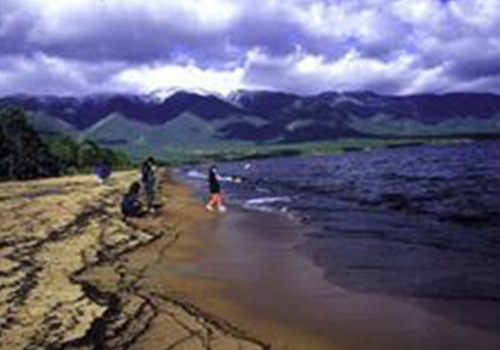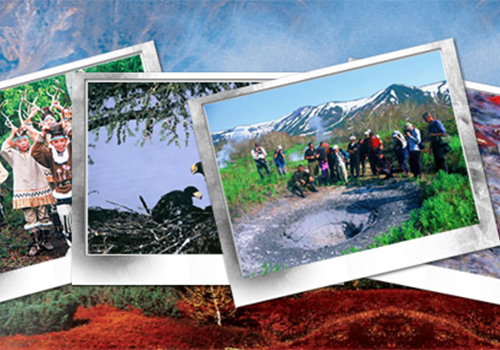
The Ecotourism Association of Russia
Ever after its foundation in 2001 our Association has been connecting organizations and individuals involved in ecological and tourism field throughout the country. It is dedicated to the national natural, historic and cultural heritage preservation, while developing true senses and wise principles for ecotourism community engagement. The Association is a support base for our members initiatives through the local government, arranging of an economic aid and also as a represetative to any international activities. As a member of The International Ecological Society (TIES) we are proud to be the link to the world of sustainable and responsible tourism development for Russia.
Our Mission is to assist the promotion of international principles for sustainable and ecological tourism in Russia, to develop ecological tourism throughout the system of national environmentally protected areas, to realize projects for saving cultural and natural heritage of our country.
We believe that ecological tourism in Russia should develop in the way of international tendencies, based on world’s experience and practices implementation.
We consider the system of national environmentally protected areas – national parks and nature reserves – as the best fit for ecological tourism development in Russia. In its potential the system of national environmentally protected areas of Russia is on of the best in the world. The system covers almost all the unique and notable landscapes and ecosystems of country that haven’t been touched by human activity. Visiting them is a great chance of meeting the primordial nature.
We are concerned with the existing situation of ecotourism field in Russia. Unfortunately, today most of the people in our country, including different levels of government, have a very little understanding of principles and organizational needs for ecotourism development. But in the same time there are spontaneous attempts on initiation of ecotourism. That is a serious threat, which, with no particular planning and managing, could lead into cutting on economical wellness of local people and national nature reserves, could destroy unique ecosystems and finally it could discredit the idea of the ecological tourism itself.






